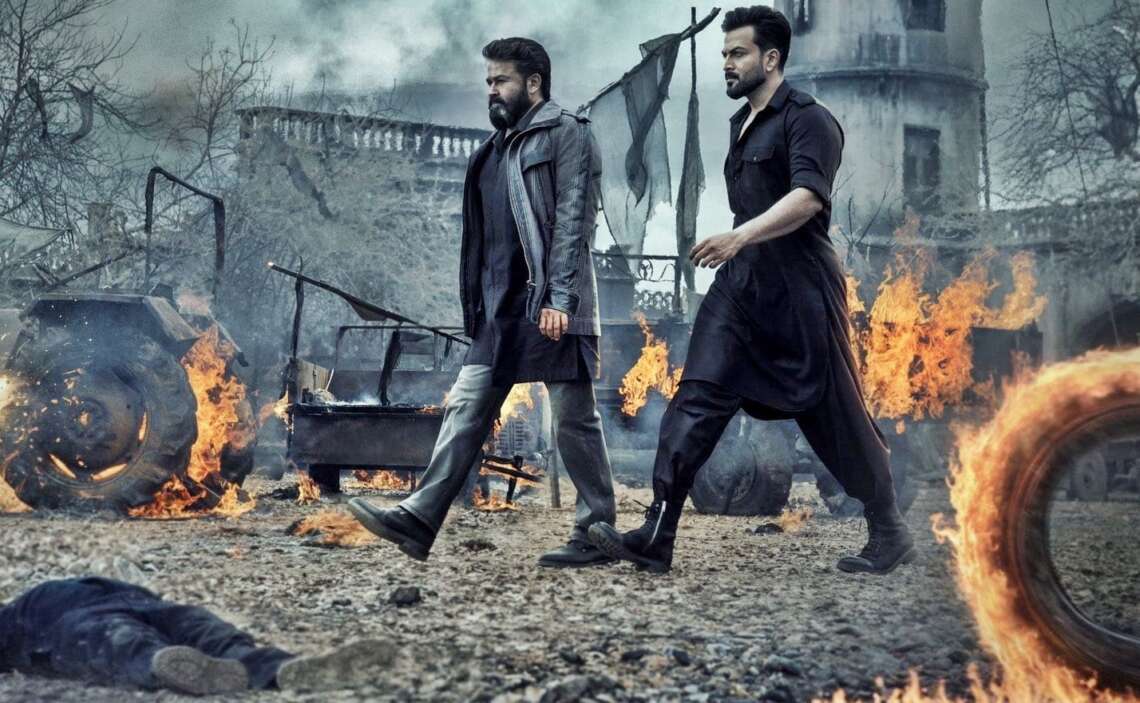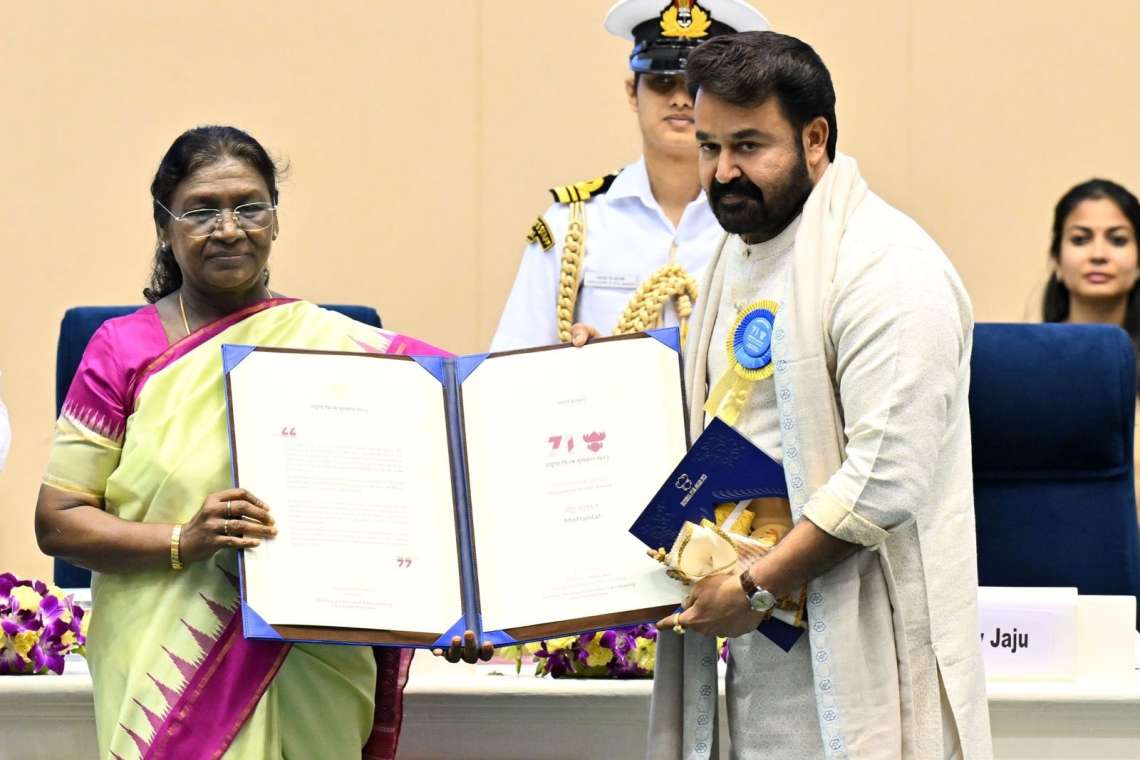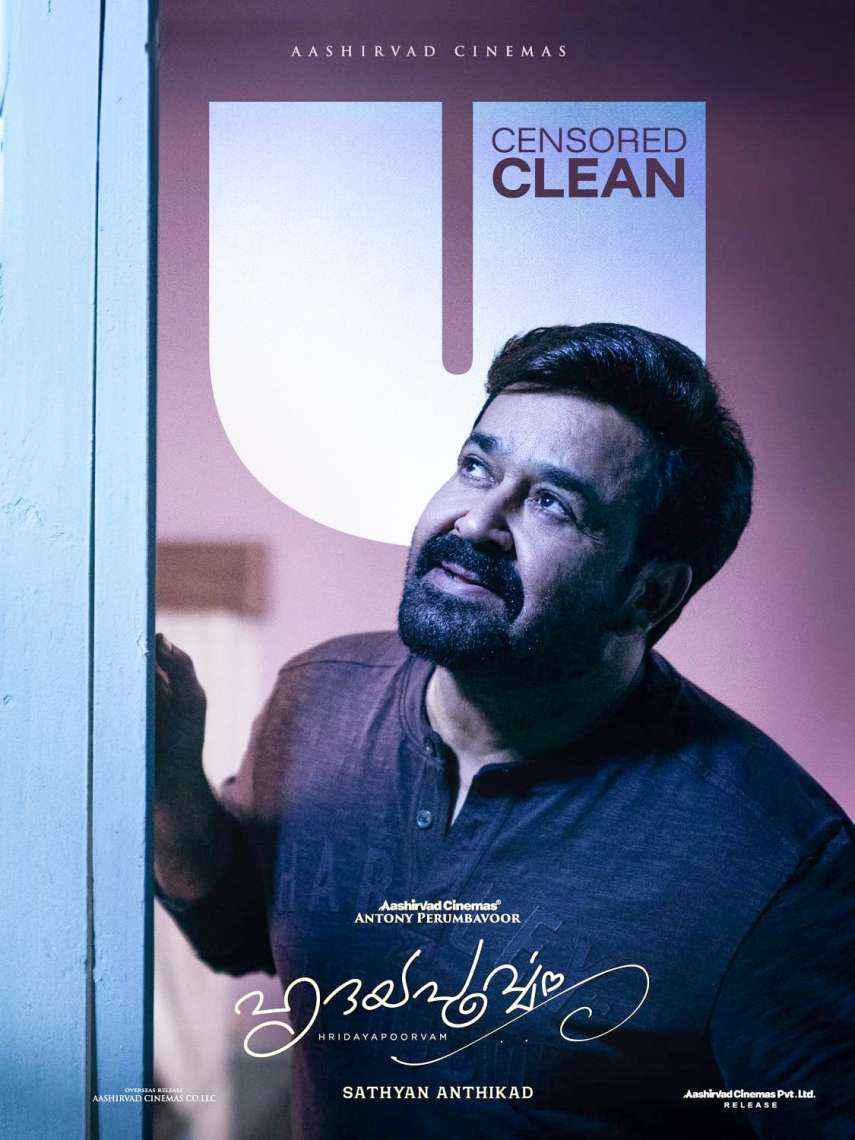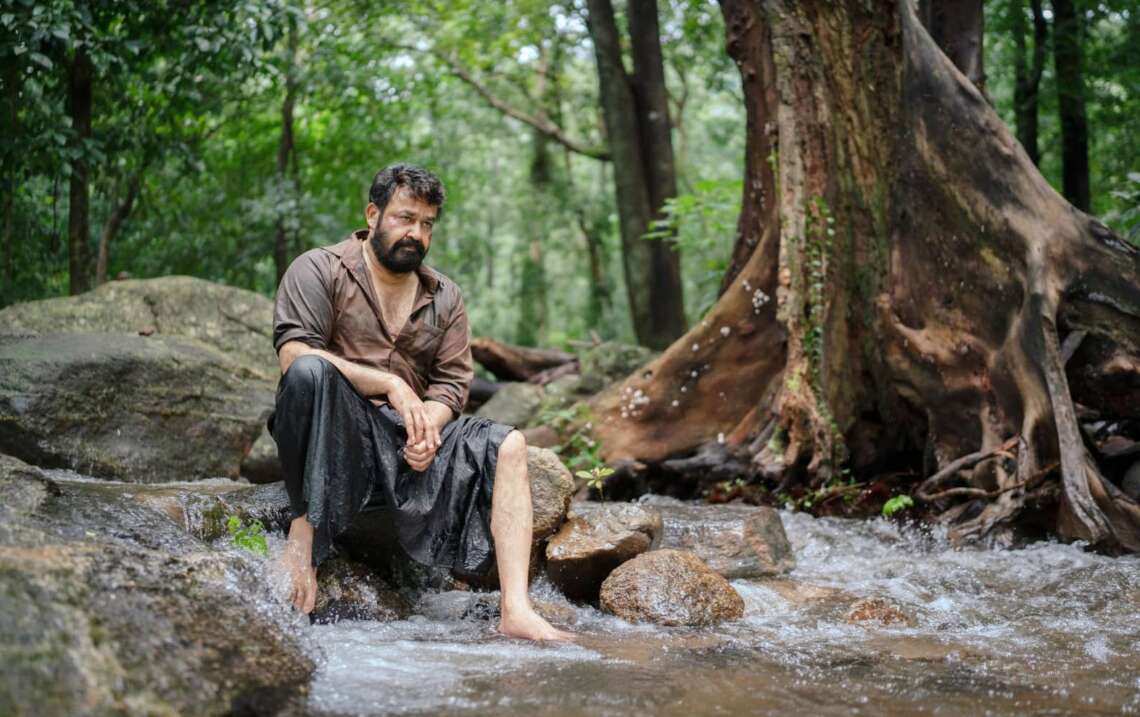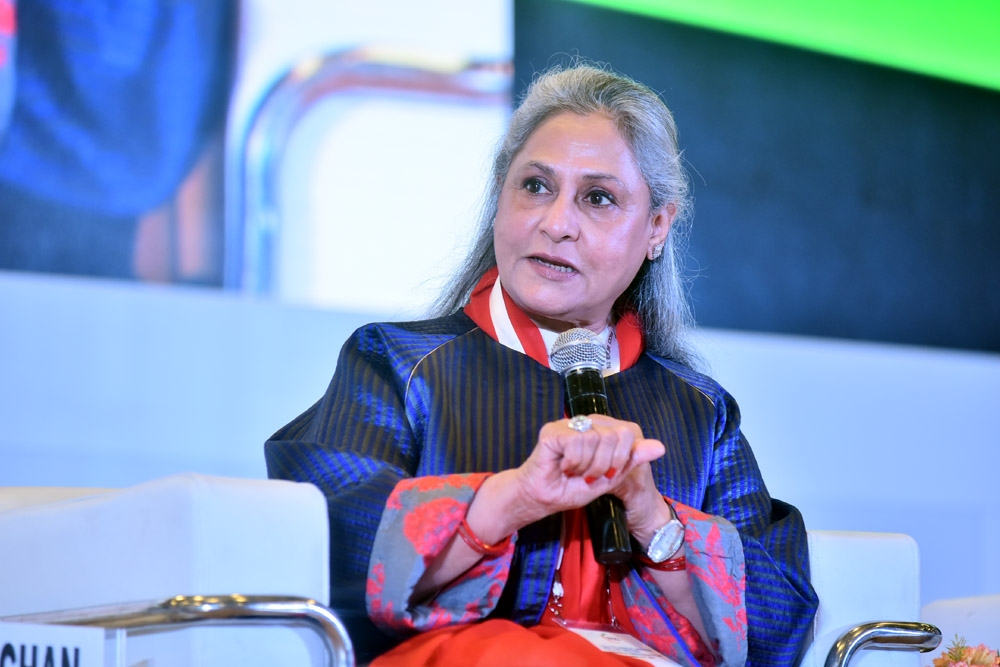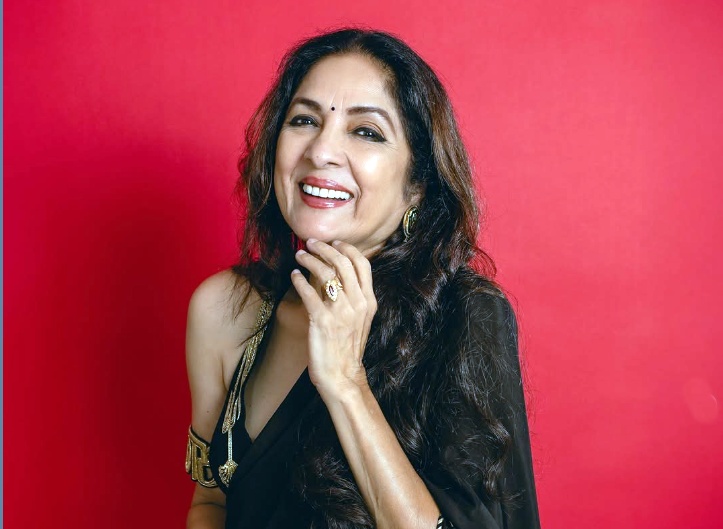When filmmakers start self-censoring out of fear, the result is a sanitised, hollowed-out version of cinema that serves no purpose beyond state propaganda, writes Aravind Rajeev
Cinema, as an art form, has always held a mirror to society, reflecting its realities, politics, and struggles. But what happens when this reflection offends the powerful? The controversy surrounding the Malayalam film L2: Empuraan—a much-anticipated sequel to Lucifer, starring Mohanlal and directed by Prithviraj Sukumaran—raises pressing questions about artistic freedom and the increasing intolerance toward dissent in the cultural space.
At the centre of the storm is the alleged depiction of communal violence, particularly references to the 2002 Gujarat riots, which right-wing groups claim are distorted and biased. The Bharatiya Janata Yuva Morcha (BJYM) even went so far as to call for an investigation into Prithviraj’s supposed “foreign connections”—a laughably paranoid charge that reeks of desperation rather than any real concern for national interest. The film, they argue, is part of an ongoing attempt to whitewash extremist ideologies while maligning Hindu nationalist politics.
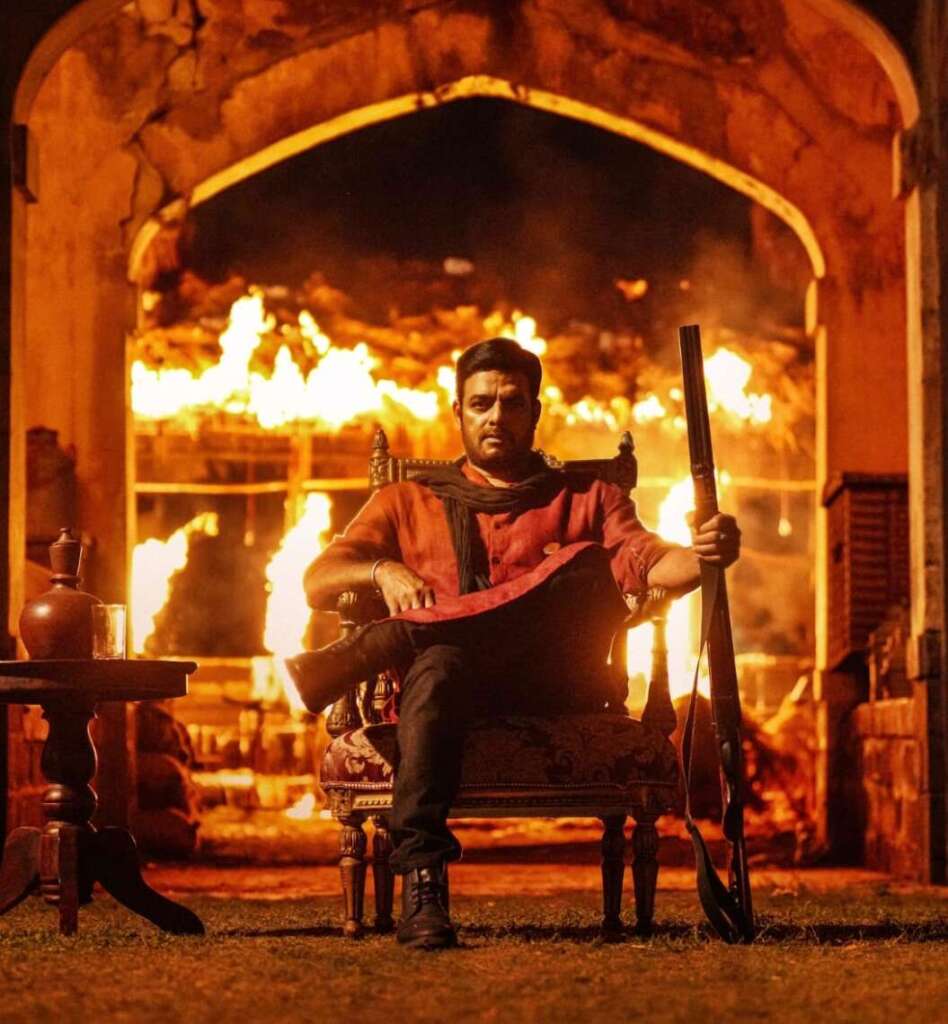
Facing mounting pressure, the makers of Empuraan have reportedly agreed to implement 17 cuts, including riot sequences and scenes depicting violence against women. The name of a key antagonist, allegedly reminiscent of a real-life figure, will also be changed. While these revisions might pacify some, they set a dangerous precedent—one where films must bow to political coercion rather than artistic intent. Mohanlal’s statement, in which he expressed regret for any distress caused and assured that the team would make necessary changes, might be well-intentioned, but it signals a worrying capitulation to pressure groups that thrive on censorship.
This is not merely about one film. It is about the systematic erosion of creative freedom in India’s film industry. The attacks on Empuraan bear an uncanny resemblance to the controversies surrounding films like Padmaavat, The Kashmir Files, and Jodha Akbar, where historical narratives were contested by ideological groups with political muscle. The pattern is familiar: outrage, threats, calls for censorship, and, ultimately, filmmakers forced to backtrack. This cycle has now reached Malayalam cinema, a space historically known for its daring storytelling and socio-political critiques.
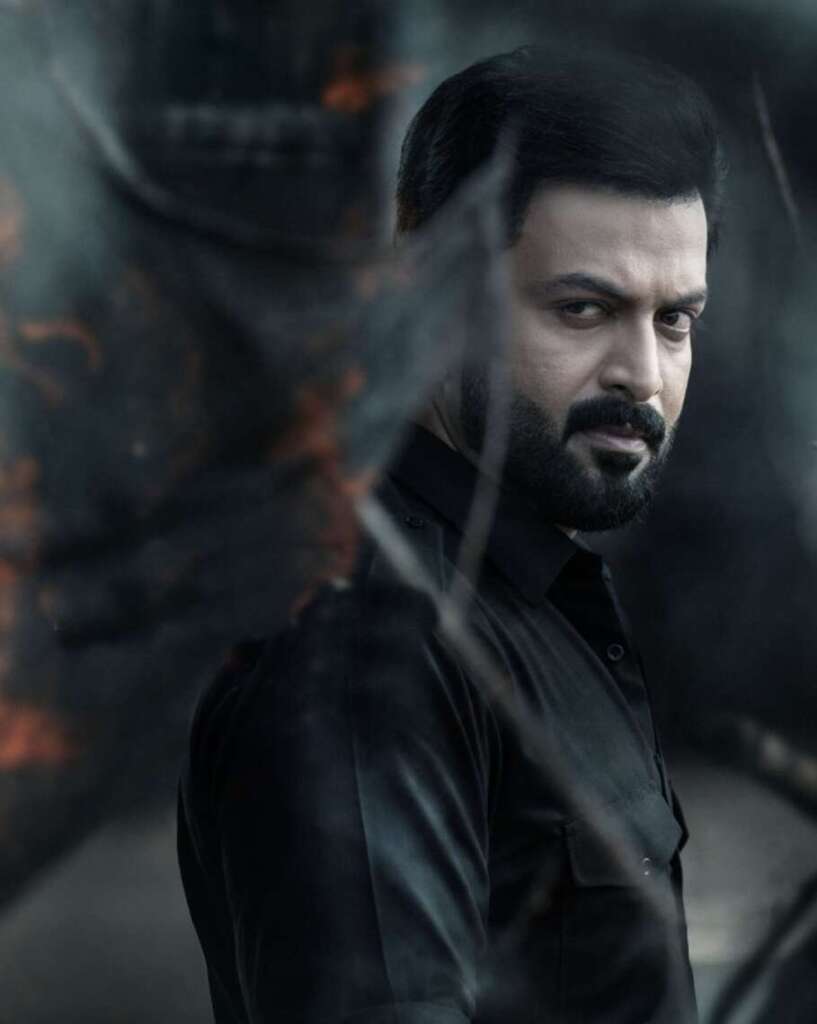
Kerala Chief Minister Pinarayi Vijayan was quick to denounce the campaign against the film, calling it a “manifestation of fascist attitudes” designed to stifle artistic freedom. His words are not without merit. The demand for “re-censorship” of Empuraan, even after it had already passed the Central Board of Film Certification’s scrutiny, is a blatant overreach. The fact that the state BJP chief, Rajeev Chandrasekhar, announced a personal boycott of the film—ostensibly because it had been altered due to backlash—exposes the contradictions in the right-wing stance. On one hand, they demand changes; on the other, they cry foul when the film is altered to meet their demands.
The broader issue here is not whether Empuraan is anti-national or anti-Hindu, as alleged by some groups. The real question is whether filmmakers in India can tell stories that challenge the dominant political discourse without facing intimidation. If every film that critiques political or religious ideologies is met with demands for censorship, then the very essence of storytelling is under threat. When filmmakers start self-censoring out of fear, the result is a sanitised, hollowed-out version of cinema that serves no purpose beyond state propaganda.
This is not to say that films should be beyond critique. Constructive criticism, historical debates, and audience discussions are integral to cinema. However, when criticism morphs into coercion, and when political outfits dictate artistic choices, we are no longer engaging in debate—we are enforcing ideological conformity. The RSS mouthpiece Organiser accused Empuraan of being a vehicle for an “age-old political agenda.” But isn’t all cinema, in some way, political? Whether it is a film glorifying a ruler, vilifying a particular community, or exposing systemic injustices, every story has an ideological underpinning. To attack Empuraan for its alleged biases while turning a blind eye to films that uncritically endorse right-wing nationalism is hypocrisy of the highest order.
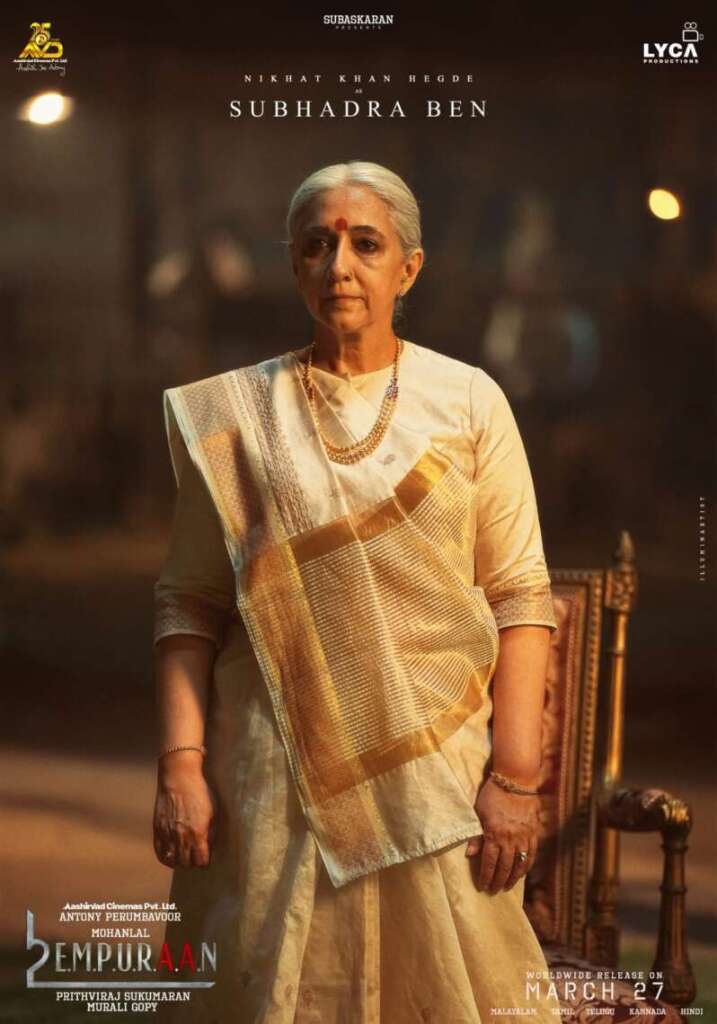
It is also worth noting that despite the controversy, Empuraan has broken records, registering an unprecedented Rs 80 crore opening worldwide. This is testament to the fact that audiences are not necessarily buying into the manufactured outrage. They are showing up to watch the film, controversy be damned. This should be a wake-up call to those who believe that controlling narratives through intimidation will suppress dissent. Art, in its truest form, finds a way to survive—and, more often than not, thrives in resistance.
What is happening to Empuraan today could happen to any film tomorrow. The space for free expression in Indian cinema is shrinking, and unless artists, audiences, and industry leaders collectively push back, we risk losing the very thing that makes storytelling powerful: its ability to provoke, question, and challenge the status quo. Empuraan is more than just a film—it is a test case for the future of artistic freedom in India. And if it fails, we all do.


